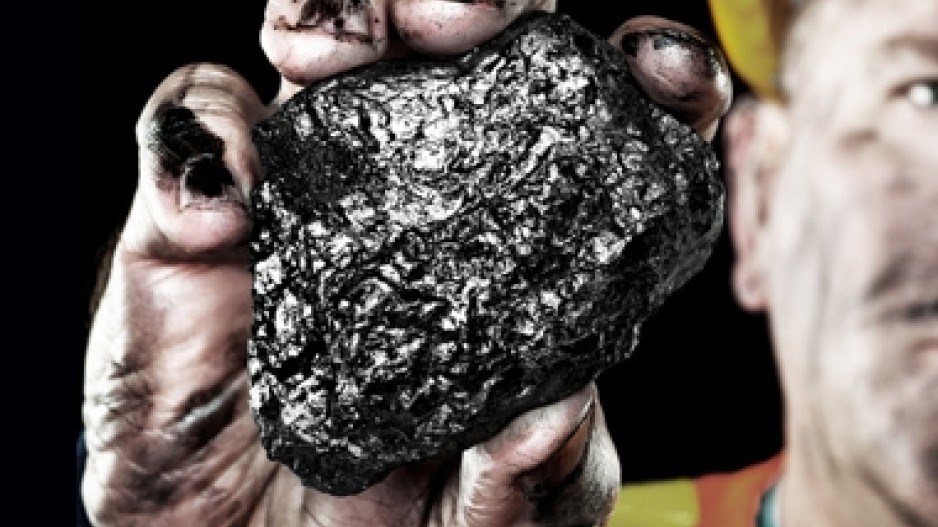The mining industry in B.C. continues to be an integral part of the province's economy, which according to the BC Ministry of Energy, Mines and Natural Gas, generated more than $8.6 billion in revenue in 2012. Home to coal, copper, gold, lead, molybdenum, zinc and industrial mineral mines, B.C. operations provide vital opportunities for employment. Since 1990, CostMine has been surveying operating Canadian mines for the latest in mining wages and benefits.
For this article, we compared wages and benefits for B.C. mines that responded to our surveys from 2001 to 2012. The graph shows the average hourly base wage for selected titles. These job classifications are common at B.C. surface mines and show the general upward trend.
Clearly, heavy-equipment operators at surface mines showed the biggest overall average increase from $18.25 per hour in 2001 to $32.04 per hour last year. Mechanics and haul truck operators also showed steady gains. When compared to the minimum wage in British Columbia, miners received 2.3 to four times more in base wages.
But these average base wages aren't the whole picture. Benefit packages also add up. Mines in B.C. are required to pay for unemployment and workers' compensation insurance and all of the mines in our recent surveys offered vacation, sick leave, life insurance, disability insurance, and most offered supplemental retirement plans in addition to the mandated Canada Pension Plan.
Bonus plans are also an increasingly important part of the compensation packages for most successful North American mines, and B.C. mines are no exception. In 2012, 78% of the 11 B.C. mines responding to our survey included bonus plans in their compensation packages. All of the base metal, precious metal and industrial mineral mines offered incentives.
In comparison, the four coal mines did not offer this type of compensation. This mirrors the rest of Canada, where coal mines are the least likely to offer plans, and metal mines are more likely.
A decade ago, considerably less than half the surveyed mines offered some type of bonus plan. These plans can easily increase a miner's pay by 10% to 15% and in some cases considerably more.
Some of these plans are very sophisticated, offering bonuses for meeting or achieving individual, group or corporate goals in safety, productivity, cost savings, environmental protection, profit and other matters of importance to the success of the operation, such as commodity prices. Some of the more innovative plans contain mechanisms to encourage continued improvement, beyond meeting previously established goals.
While the current economy seems to be losing steam, the initial response from our 2013 survey indicates that, once again, British Columbia miners will benefit from a better than cost-of-living increase of 2% to 3%, and the B.C. mining industry will continue to provide a vital role in B.C.'s economy.
For more information or to purchase these studies, visit www.costmine.com.




